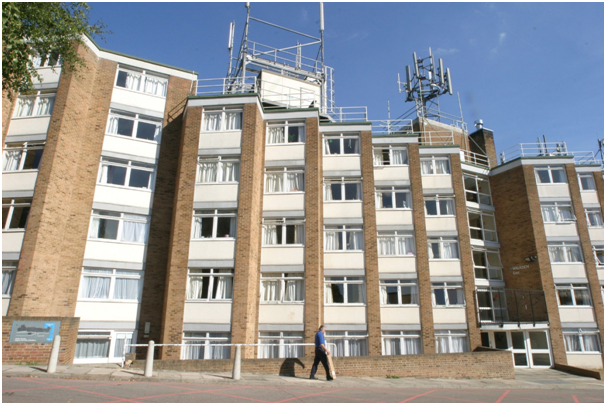If you’re heading off to college or university this September, you’ll be thinking about where you’re going to live among other things. It is both an exciting and slightly daunting time, and good accommodation can make all the difference to your comfort and confidence. Not all students choose the traditional route of halls of residence. Some choose to rent in the private sector or even to stay at home and commute. Here are the pros and cons of each choice:
 Halls
Halls
Halls are owned and managed by the university or college and have many benefits. You’ll be surrounded by other students at the same institution, making it easier to make new friends. You’ll normally be close to the campus, reducing travel costs and you’ll have your finger on the pulse when it comes to events and social gatherings.
They are a great way of experiencing freedom but without the responsibilities of paying bills etc. You might feel safer and more supported in university accommodation. However, you have no say over who you end up living with, there is no guarantee of your top preference of accommodation and there’ll be lots of potential noise and mess!

Private accommodation
If being surrounded by other students isn’t your thing, you might prefer to look at what’s available in the private sector. Mature students and those who value their own space often prefer this option. It could also be that there are no accommodation offers available from the college or university, perhaps for those who have applied late or gone through clearing.
It’s an appealing option as you can choose where you live. If you’re not sure where to look, universities often have lists of approved landlords. For top-quality Gloucester student accommodation, visit http://studentaccommodationgloucester.co.uk/
The pros include a wider variety of choice over where you live and who you live with. There are different property choices depending on what suits. You might find that you’re further away from campus, but the independence is probably worth the travel costs if you are out of walking distance. You’ll also need to budget for things like bills.
Image credit
Living at home
Living at home provides many benefits and is undoubtedly the cheapest option. You’ll not have to worry about bills, food, laundry or moving. You won’t feel as independent and might have to make additional effort to socialise, but if you live close to campus, it makes financial sense to remain at home. The downsides include still having to live to someone else’s rules and finding different ways to meet new people.